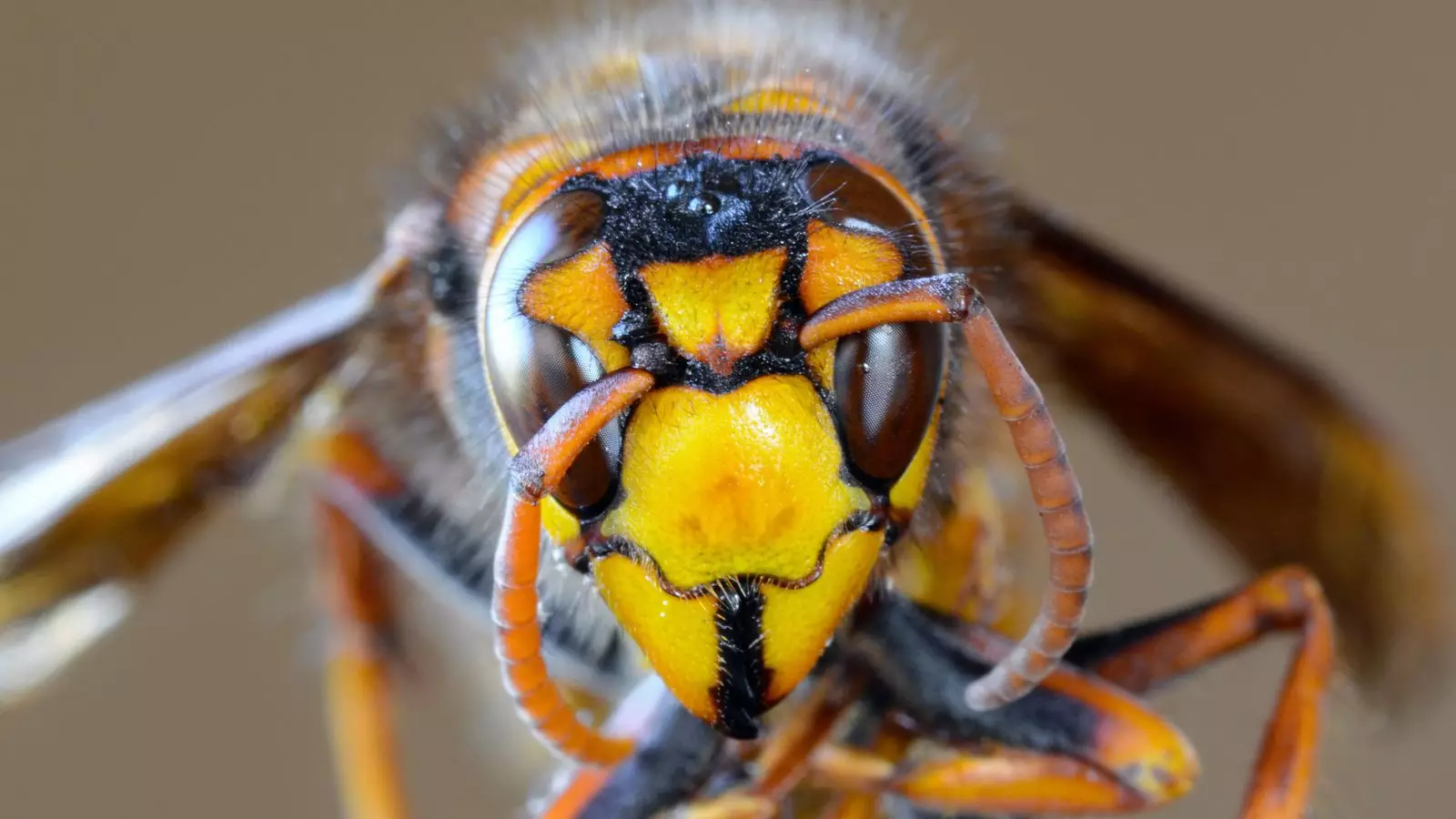The threat of invasive species in the UK is on the rise, with Asian hornets posing a significant danger to bee populations and insect pollinators. The UK’s chief plant health officer, Nicola Spence, has issued a warning urging beekeepers and the general public to report sightings of these destructive hornets. Despite not posing a greater risk to human health compared to native hornets, Asian hornets can decimate up to 50 honeybees a day, leading to potential devastating effects on ecosystems. Paul Hetherington, director of communications at the Buglife charity, has raised alarms that these hornets are likely breeding and living in the UK, emphasizing the urgent need for tracking and eradication efforts.
Recent weather conditions, including flooding and warming temperatures, have created ideal environments for invasive species already present in the UK to flourish and spread rapidly. Japanese knotweed, known for causing structural damage, giant hogweed with skin-burning sap, and Himalayan balsam, which displaces native species and heightens flood risks, are among the problematic species highlighted by the Wildlife and Countryside Link (WCL). Moreover, there is a rising concern about new invasive species establishing themselves in the UK, such as the red imported fire ant, Chinese mitten crab, and Chinese mystery snail making their way across Europe.
The coalition of 83 nature organizations represented by the WCL is advocating for a substantial increase in funding to combat invasive species. The current budget for invasive species biosecurity is deemed insufficient, with a triple allocation of £3m and additional funding for a dedicated invasive species Inspectorate proposed. Richard Benwell, WCL chief executive, emphasized the urgent need for government action to address the pressing issue of invasive species threatening biodiversity, causing economic losses, and posing risks to human health.
DEFRA acknowledges the severity of the situation and encourages the public to report sightings of Asian hornets, which are recognizable by their dark bodies, wide orange abdominal stripe, and yellow leg ends, through the Asian Hornet Watch App. Invasive species not only jeopardize native biodiversity but also incur billions in economic damages annually. The Invasive Species Inspectorate plays a crucial role in safeguarding the nation’s biosecurity, and DEFRA reaffirms its commitment to supporting these vital efforts.
The escalating threat of invasive species, particularly Asian hornets, necessitates immediate action and robust funding to mitigate the ecological, economic, and health risks they pose. By raising awareness, reporting sightings, and investing in dedicated resources, the UK can take proactive steps to combat invasive species and safeguard its environment for future generations.


Leave a Reply